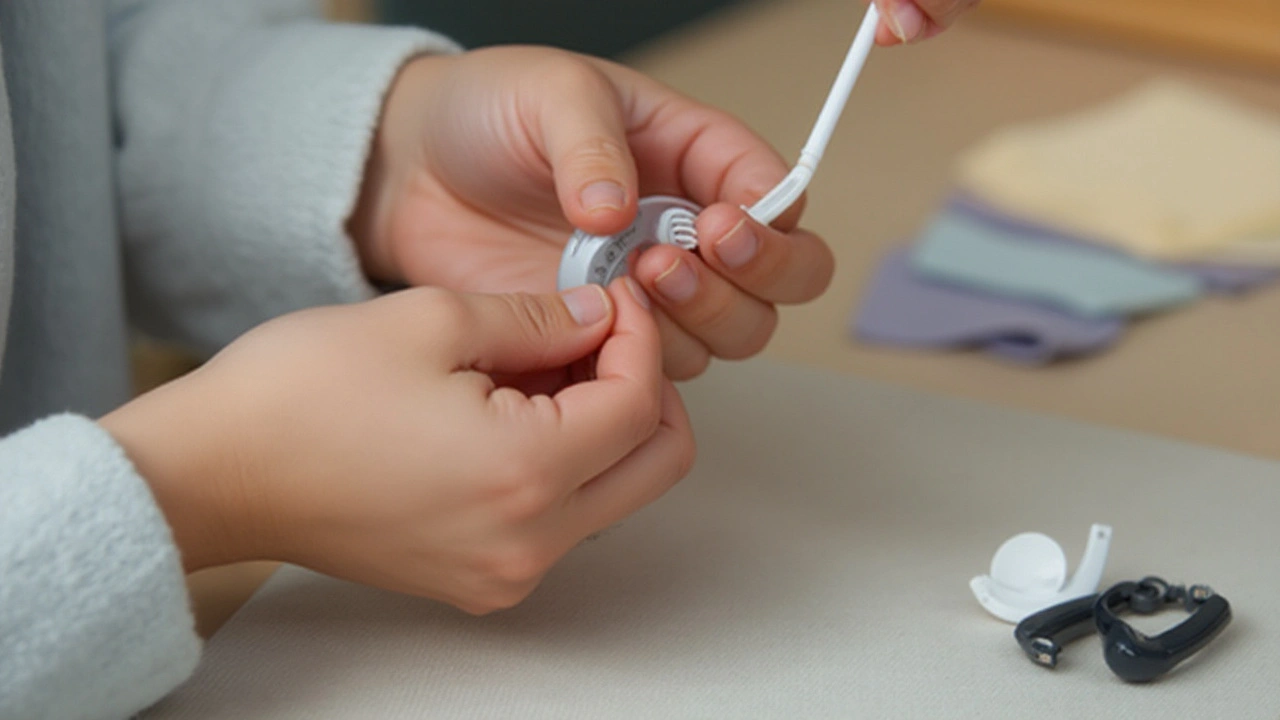

Hearing aids are a big investment, and you want them to last as long as possible without losing quality. Good news? You can help your devices stay in great shape for years just by following some straightforward care tips. No complicated stuff, just easy habits that protect your hearing aids and keep them running smoothly.
First off, keep your hearing aids clean and dry. Moisture and earwax are the biggest enemies. After wearing them, wipe them gently with a soft, dry cloth and use a special brush or tool to clear any wax from openings. Avoid water or cleaning with alcohol, as that can damage the electronics.
Storage matters too. When you’re not using your hearing aids, store them in a dry, cool place—preferably in a protective case with a dehumidifier if possible. This keeps humidity and dust away, which can otherwise cause parts to corrode or malfunction.
Changing batteries carefully makes a difference. Use the recommended battery type and avoid mixing old and new ones. Remove batteries if you won’t use your hearing aids for a while to prevent leakage. Also, open battery doors at night to let moisture escape and preserve battery life.
Treat your hearing aids gently. Avoid dropping them or exposing them to extreme heat or cold, like leaving them on a car dashboard. Handle them with clean, dry hands and avoid using hairspray or other sprays while wearing them—they can jam the microphones.
Finally, give your hearing aids some professional attention now and then. Scheduling follow-up visits with your audiologist or hearing specialist helps catch small issues before they become big problems. They can clean the devices professionally, replace worn parts, and make sure settings stay right for your hearing needs.
Taking these simple steps not only helps your hearing aids last longer but also keeps their sound quality top-notch. Your hearing aids will thank you with clearer sound and more comfort every day. So, why not start caring for your devices like a pro right now?

Properly caring for your hearing aids can greatly extend their lifespan and ensure they work at their best. This article offers practical tips on cleaning and handling them, along with important storage advice. Learn how to troubleshoot common issues and discover best practices for daily use.